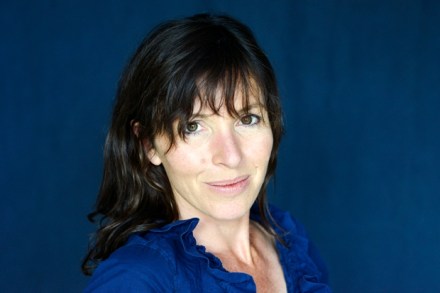When Rachel Cusk went to Greece: would she be nice or nasty?
Last year in Athens, rumours raced about Rachel Cusk’s creative writing classes at the British Council. Some of the (mostly Athenian) pupils revered her for her intelligence and pitiless honesty, while others reviled her for her ‘colonial attitude’ and an apparent antipathy towards Greeks. One might suspect Greeks of tending towards intense emotional reactions, but the phlegmatic British have had no less divided opinions about Cusk’s books. The author of seven novels, she was amongst Granta’s best young writers in 2003, yet her memoirs about the horrors of having babies (A Life’s Work: On Becoming a Mother) and about the break-up of her ten-year marriage (Aftermath) provoked outrage as well




















